Workforce Accommodation Vessels
At Landry and Kling, we focus on providing quality accommodation vessels to provide temporary workforce housing dockside and offshore.
We source accommodation vessels and passenger ships built for safety, comfort, and practicality, helping crew and personnel perform well in different environments. We aim to provide good living conditions for those working on land or offshore, making us a reliable partner in marine accommodations.
What are Workforce Accommodation Vessels?
Accommodation vessels are ships that provide living spaces and support for workers in remote or offshore areas, like oil rigs and construction sites. These vessels come with sleeping areas, kitchens with all needed supplies, dining spaces, and recreational facilities to ensure a comfortable stay for crew members.
Built to handle tough maritime conditions, accommodation vessels help improve crew welfare and support efficient operations in industries requiring a large workforce away from shore. They also feature safety equipment and are kept to high industry standards for the well-being of everyone on board.
Your workforce crews deserve safe and comfortable temporary housing to relax and recharge while on the job.
With our extensive global resources, we can help you create the best living conditions for your land-based or offshore workforce team on affordable accommodation vessels, ensuring their safety and comfort.
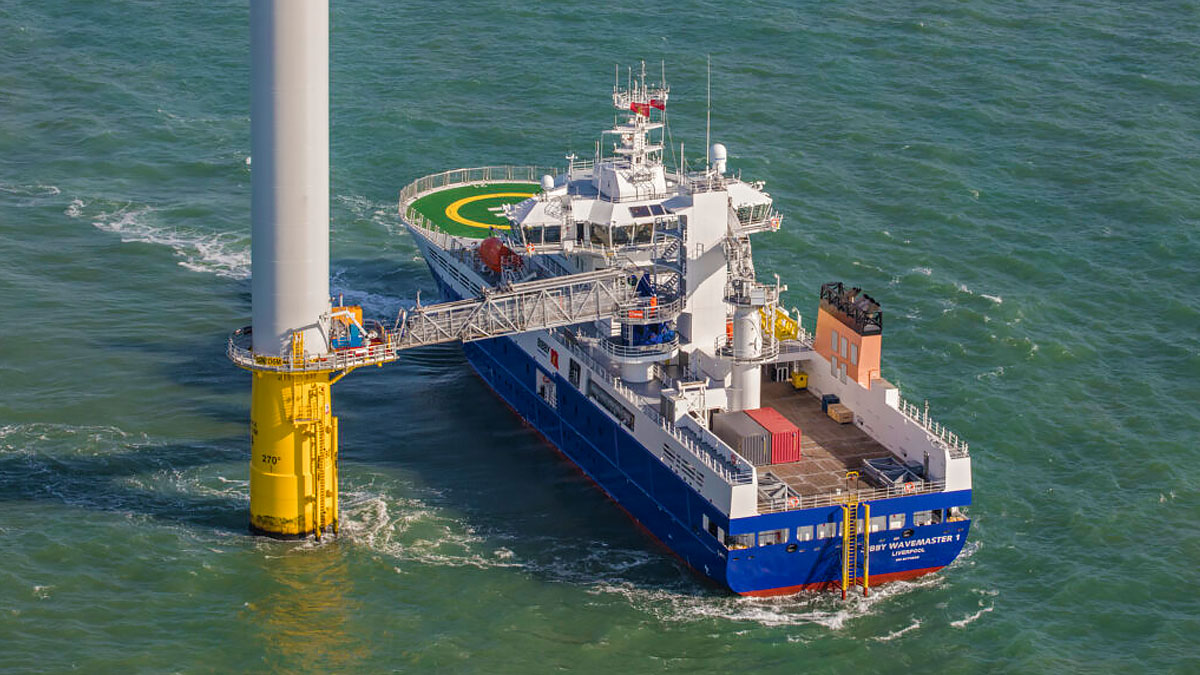
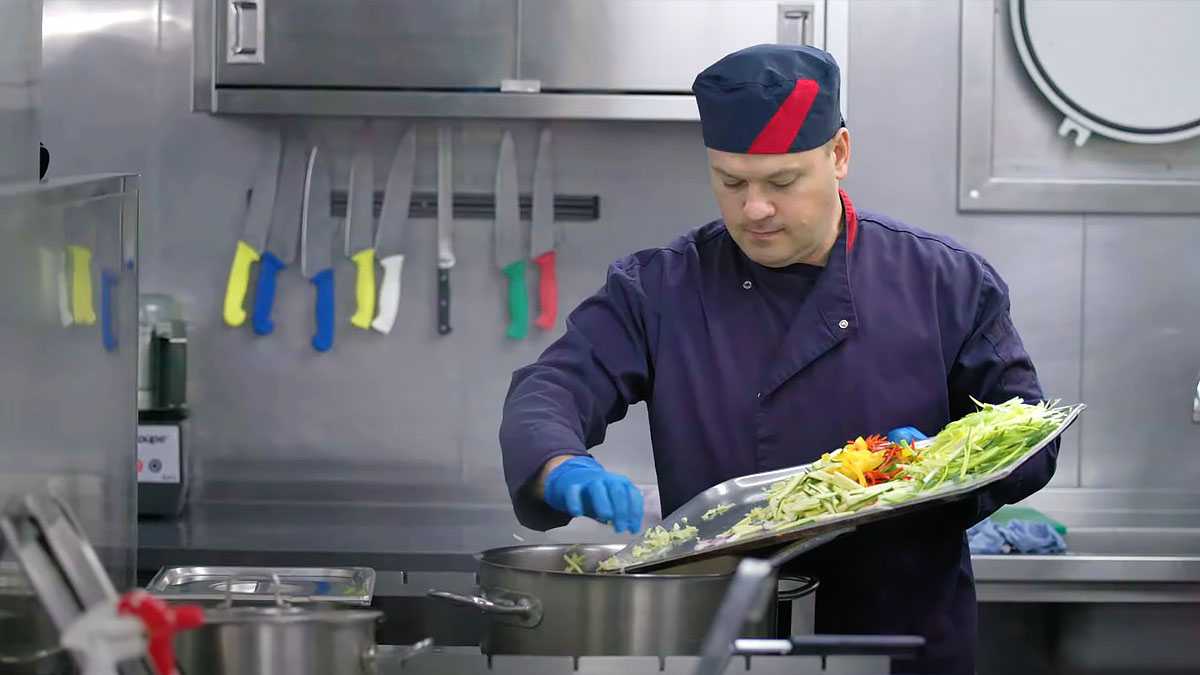
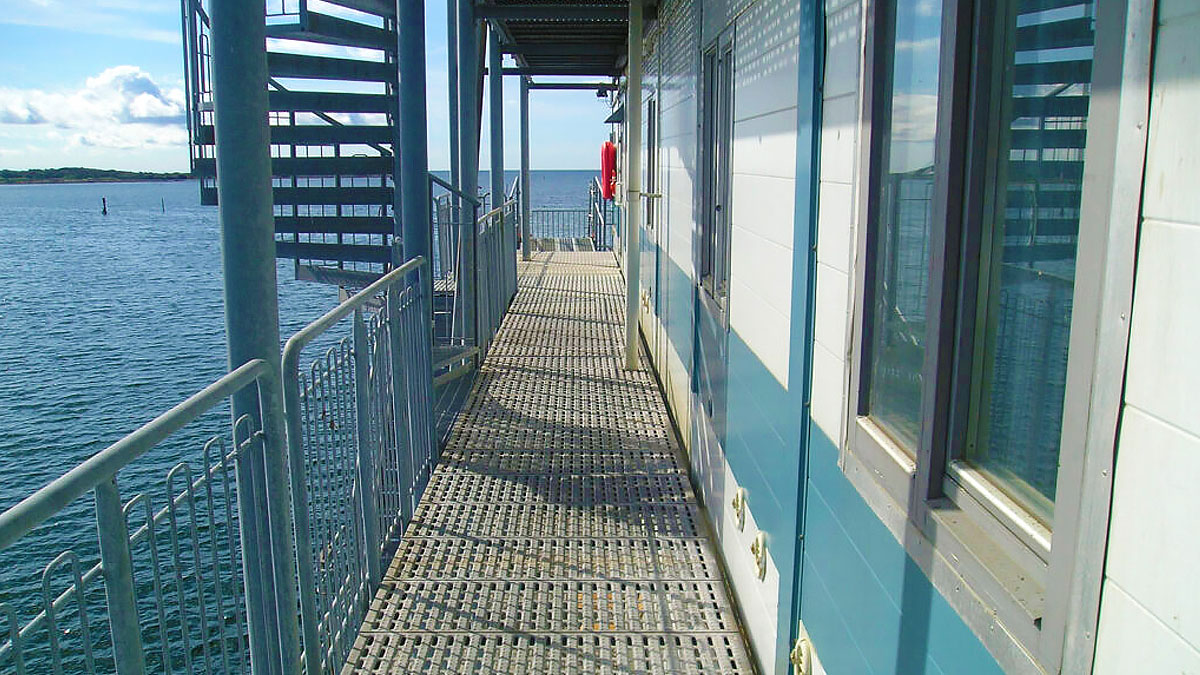
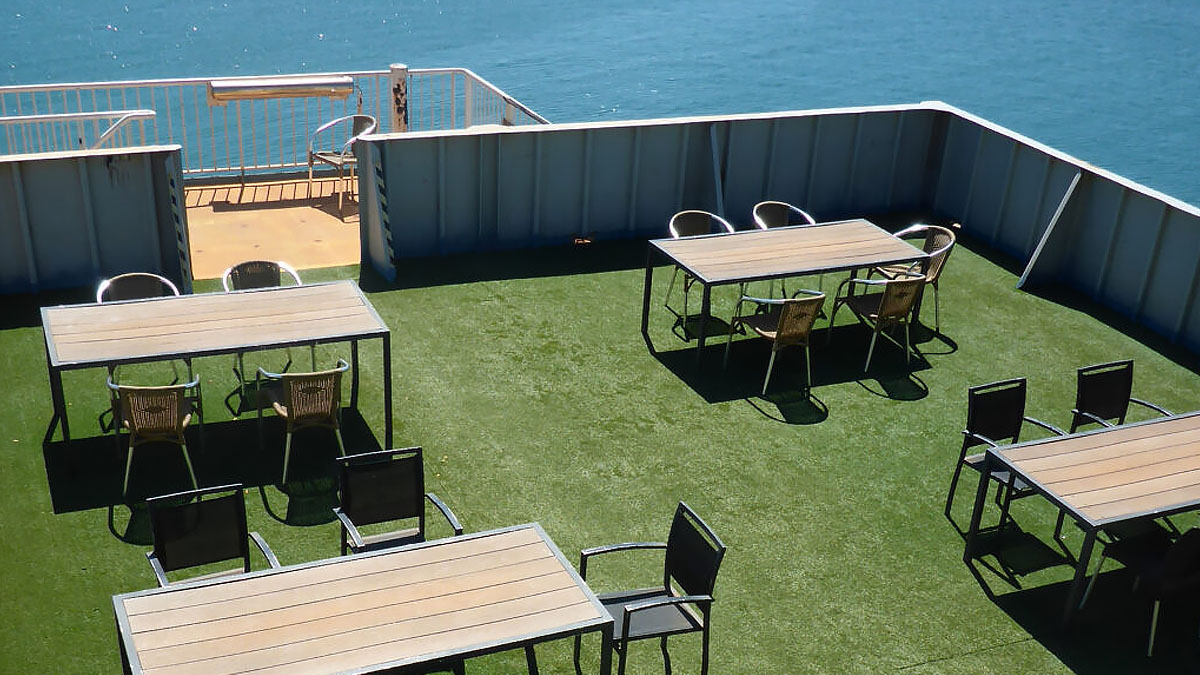
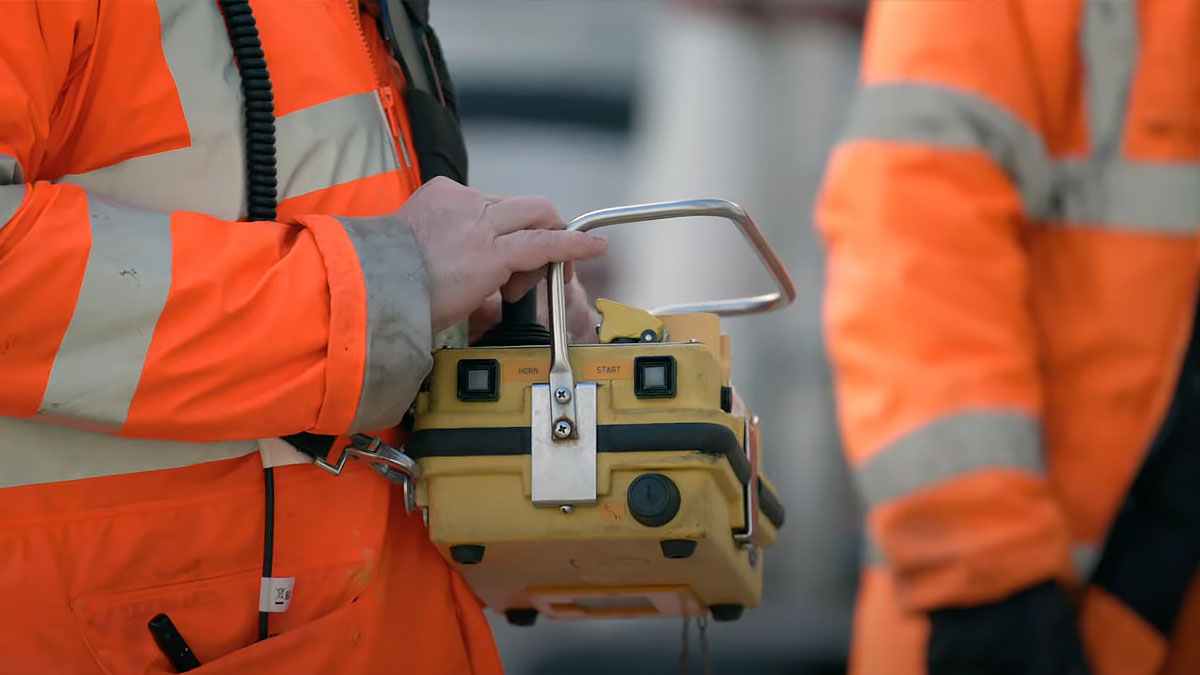
Chartered ships provide flexible accommodation solutions
Offshore accommodation vessels are ships designed to provide living quarters for workers in remote maritime areas, like oil rigs or wind farms. They come with basic amenities such as sleeping areas, dining spaces, and recreation zones, ensuring crew members have a comfortable place to stay while working at sea. Their mobility allows them to be positioned near work sites, supporting efficient operations for offshore activities.
Passenger Vessels – Rivers and Ocean
There are times when a traditional passenger ocean liner or river vessel works best – especially when a vessel needs to move quickly. These vessels are not fixed to a location and are self-propelled. Depending on the size and depth, they can move into shallow areas or remain anchored offshore.
Accommodation Barges
Accommodation barges are floating living spaces anchored near offshore projects, providing a cost-effective option for worker housing. These barges come with basic living facilities like cabins, kitchens, and common areas to accommodate large groups of workers. Their stable platform offers easy access to nearby offshore sites while ensuring a comfortable and safe environment for crews away from home.
Floating Platforms
Floating platforms are practical accommodation solutions in marine environments. They are anchored to the seabed and can support activities like drilling or construction. With living offshore facilities, utilities, and operational spaces, floating platforms support crews involved in offshore projects.
Accommodation vessels provide temporary housing for workers in remote maritime areas, like oil rigs or wind farms.
Accommodation vessels come with basic living facilities like cabins, kitchens, and common areas to accommodate large groups of workers. This provides a comfortable and safe environment for crews away from home.
Features of Accommodation Vessels
Housing and Comfort
Accommodation support vessels provide housing that focuses on comfort for crew members. These vessels create a restful environment with sleeping quarters, private bathrooms, and shared areas. Quality materials and practical designs improve the living experience, helping crew members recharge after long work hours.
Facility and Equipment
These vessels come with modern facilities and equipment to serve those on board. Fully equipped kitchens, laundry areas, and recreational spaces promote functionality and relaxation. The availability of basic amenities contributes to a comfortable lifestyle at sea.
Design and Deck Layout
The design and layout of accommodation and supply vessels are planned to effectively use space and accessibility. Proper cabins, lounges, and work area placement allow crew members to move easily. This layout creates a sense of community while keeping important services nearby.
Safety and Security Measures
Safety and security are important in accommodation vessels, with measures to protect crew members. These include fire safety systems, secure access points, and emergency protocols. Regular safety drills and training ensure everyone on board is ready for any situation, creating a safe living and working environment.
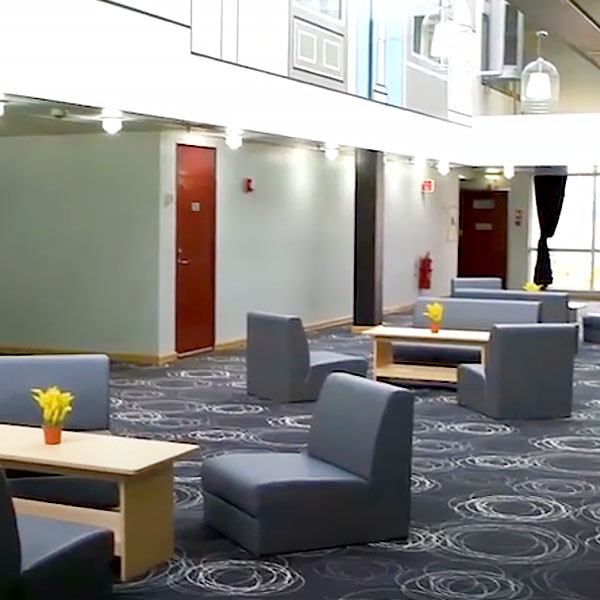
Why Use Accommodation Vessels
Crew Comfort and Convenience
Accommodation vessels focus on the comfort and convenience of crew members. They provide private living spaces with necessary amenities, creating an environment that helps lessen the stress of being away from home. Access to recreational facilities and shared spaces encourages social interaction, supporting the well-being and morale of personnel in remote areas.
Support for Offshore Workers
Accommodation vessels support land-based or offshore workers by providing necessary services and facilities. They help balance demanding work schedules with the need for rest. With meals, leisure activities, and social spaces, these vessels allow crew members to recover, improving their performance and productivity on the job.
Flexible and Mobile Solutions
The flexibility of accommodation vessels makes them valuable in the maritime industry. Their ability to position near work sites allows for quick deployment and efficient operations, meeting the needs of different offshore projects. This adaptability ensures crews can access necessary resources and support without delays, helping smooth maritime operations.
Cost-Effective Housing Options
Using accommodation vessels can often be a more affordable housing option than traditional land-based facilities. It reduces the need for large infrastructure investments and logistical issues tied to workforce housing, allowing businesses to save money. This efficiency helps companies use their resources better while still providing good living conditions for their staff.
Choosing Landry & Kling As Your Workforce Accommodation Vessels Provider
Are you ready to improve the comfort and efficiency of your construction project or offshore operations? Choose L&K as your provider of accommodation vessels. Our range of modern, well-equipped vessels ensures your crew has a safe and comfortable living environment tailored to their needs. We offer:
• Fast mobilization of services, food, and housekeeping
• In/Out without investment of building, ramp-up, and breakdown
• Can scale up as needed
• Cost-effective solution
• Support staff and operations
Contact us today to discuss how we can support your project with flexible, cost-effective housing solutions that improve workforce satisfaction and efficiency at sea.
FAQs
How does a floating accommodation compare to a camp?
A vessel is designed as a turn-key solution, and as such the mobilization time is greatly reduced. It requires very little infrastructure for docking/maintenance versus the materials, time, and labor required to build a camp. The same is true for demobilization at the end of the project, saving not only weeks of decamping but also the environmental loss of materials, trucking, warehousing, and manpower to dismantle.
How do floating accommodation vessels support offshore operations?
Floating accommodation vessels support offshore operations by providing a stable living environment for crews in remote locations. They are placed near work sites for quick resource access and less travel time. With comfortable sleeping areas, kitchens, and leisure facilities, these vessels help crew members relax and maintain morale between shifts. Accommodation vessels also serve as a central hub for smooth communication and coordination among team members, which is important for the success of offshore projects.
What are the costs of leasing an accommodation vessel?
The cost of leasing an accommodation vessel can vary based on size, lease duration, and location. Leasing agreements often include extra costs such as fuel, maintenance, and staffing, which should be factored into the budget. Companies should discuss their needs with the vessel provider to get a quote that meets their project requirements and can adjust to market changes. Leasing accommodation vessels can save costs compared to onshore facilities, making them a good choice for maritime operations.
What regulations apply to accommodation vessels in the marine industry?
Accommodation vessels must follow regulations to ensure safety, protect the environment, and maintain operational efficiency. These rules often come from organizations like the International Maritime Organization (IMO) and national maritime authorities. Important regulations include standards for safety management, crew living conditions, and waste management.
Compliance with the International Convention on Standards of Training, Certification, and Watchkeeping for Seafarers (STCW) is necessary for crew training and certification. Vessels also undergo regular inspections to verify adherence to safety codes and classification society standards, ensuring they meet operational and safety requirements. Following these regulations helps accommodation vessels support safe and sustainable maritime practices while protecting the well-being of crew members.